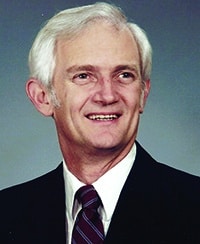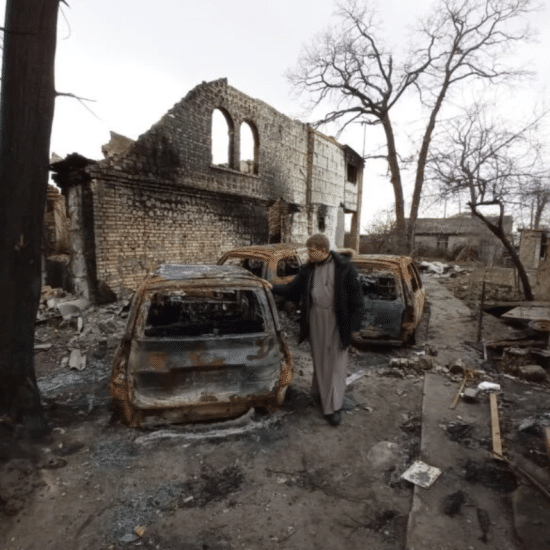Editor’s note: This is the third installment of a six-part series on the prevention of church conflict. The author is Wade Paris, former pastor and retired director of missions. He also is a former Word&Way trustee.

Wade Paris
The new pastor will do well to spend time getting to know the church, the people and the community before making any big changes. When the pastor is new, people will do almost anything the pastor suggests. New brooms sweep clean. However, the pastor may not know what to ask.
The pastor selection committee at Downtown Church explained to the new pastor the church community was rapidly changing. They said a decision would need to be made soon whether the church should remain in its present location or relocate.
They wanted a pastor who would lead them through that decision-making process. After the pastor arrived, he and the church spent the next five years making this decision. It was time well spent.
Pastor Robert went to a new church. The facilities were in decline and needed updating. Wanting to make a good impression and establish his leadership, he quickly led the church into a major renovation campaign. They spent a lot of money on the restoration.
Since he was new, the pastor did not realize the church needed to relocate. After several years, he was able to see this need. However, the church had spent so much money on renovation they would not move. They believed it would be “poor use of God’s resources to walk away and leave all they had done.”
The next pastor bided his time. Eventually the church relocated and today has a wonderful ministry. If Pastor Robert had moved more slowly, he probably could have accomplished the relocation himself.
Not only does a new pastor need time to ascertain the needs of the church, he also needs time to identify the church movers and shakers.
Every church has influencers. They are not always vocal and often work behind the scenes, but they are there. People wait to see how these folk feel before they respond.
Often they will follow these time-tested leaders rather than the pastor. Church leaders usually have greater longevity than pastors. At the very least the pastor needs to know who these leaders are.
The pastor may not always agree with them, and they certainly will not always agree with the pastor, but to be unaware of their existence can be very costly.
A wise pastor will take the time to discover these persons and cultivate their friendship. The day will come when the pastor will need their help and support. The pastor must minister to them, especially if they seem to be the opposition. That is Christian. Jesus taught us to love our enemies.
Some, especially the young and inexperienced, will argue that discerning these power brokers is too much like politics. In a tape about church growth, Carl George said rather than abandoning such strategy as political, a wise pastor will be glad such a system exists and will learn how to function within it (“Beyond 400” by Carl George, part of the audiotape series “Barrier Breaking Seminars”).
While the mover and shaker system is no secret, its members are not easily identified. The new pastor can consult with long-time members and former pastors to identify them, but it usually takes months, even years, of observation to discover them all accurately. A wise pastor will seek to know them and love them.
The pastor of Redemption Church communicated entirely by e-mail. The only exception was when he made announcements from the pulpit on Sunday. When told that many members, especially older leaders who were good stewards, did not have e-mail, he would say, “That is not my problem. Tell them to get a computer.”
As you might expect, there was much unrest. His system of communication alienated many long time supporters and was devastating to his ministry in the church.
The entire Conflict Prevention series:






